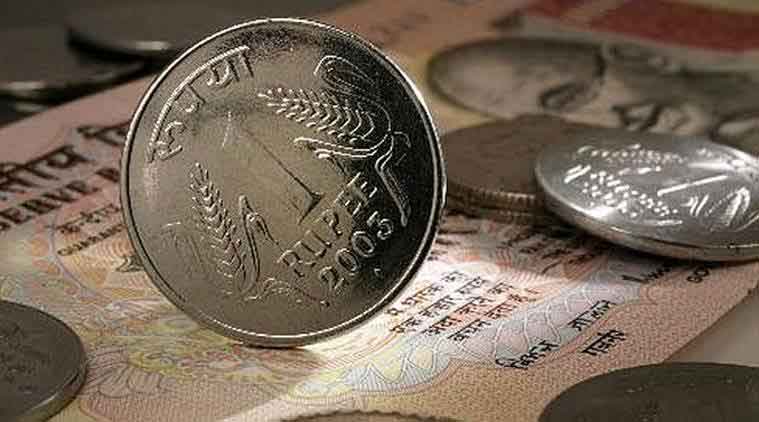Public sector banks’ turnaround plan: Cut in loans to corporate, sale of non-core assets
Banks are expected to cut costs, shut loss-making branches, reduce the number of overseas branches
 Banks are expected to cut costs, shut loss-making branches, reduce the number of overseas branches
Banks are expected to cut costs, shut loss-making branches, reduce the number of overseas branches
Nine out of the eleven public sector banks under the Reserve Bank of India’s (RBI’s) prompt corrective action (PCA) framework have submitted turnaround plans to the government, which mainly comprise these banks aggressively selling non-core assets, shrinking their corporate loan book and switching certain loans with the stronger banks, sources in the finance ministry said on Friday. The finance ministry held detailed review meetings with the PCA banks last month, wherein they were asked to submit their turnaround plans. The banks are expected to cut costs, shut loss-making branches, reduce the number of overseas branches in order to restore their financial health.
Eleven state-owned banks, out of the total 21, are currently under the PCA, a framework put in place by the Reserve Bank of India to ensure that weak banks do not go bust and follow prompt measures to put their house in order. These are IDBI Bank, Bank of India, UCO Bank, Central Bank of India, Indian Overseas Bank, Oriental Bank of Commerce, Dena Bank, Bank of Maharashtra, United Bank of India, Corporation Bank and Allahabad Bank.

PCA kicks in when banks breach any of the three key regulatory trigger points i.e. capital to risk weighted assets ratio (CRAR), net non-performing assets and Return on Assets. Another 3-4 more banks including PNB, Canara Bank, Union Bank of India and Andhra Bank are facing the risk of being put under the PCA framework as their performance has deteriorated.
Sources said the government’s plan is to shrink the balance sheet of these weak banks and pursue recovery on a smaller base. Reduction in the size of these banks would entail lower capital infusion in future while ensuring that they can be smoothly merged with other banks going forward. “The idea is clearly to reduce the number of banks. So we are not ruling out mergers but before that they (the PCA banks) should be in reasonable health,” the official said.
Depending on the risk thresholds set in PCA rules, the banks are restricted from paying dividend, expanding the number of branches, staff recruitment and increasing the size of their loan book. The RBI has banned Dena Bank and Allahabad Bank from any fresh lending. Dena Bank is expected to disburse funds that have already been sanctioned. “As of today, Dena Bank is in the process of disbursing loans to 40 large accounts. These are accounts for which sanctioning was already done, so these are not fresh loans, which have been banned,” the official said.
Sources said the government is not keen to increase the capital infusion amount for the PSBs than what it has already committed. “We will be putting in the remaining Rs 65,000 crore that is left of the recapitalisation plan. For extra resources, banks have prepared individual plans to raise resources via asset sale, switching risk weighted assets and sale of idle real estate,” a senior finance ministry official said.
Photos



- 01
- 02
- 03
- 04
- 05




























